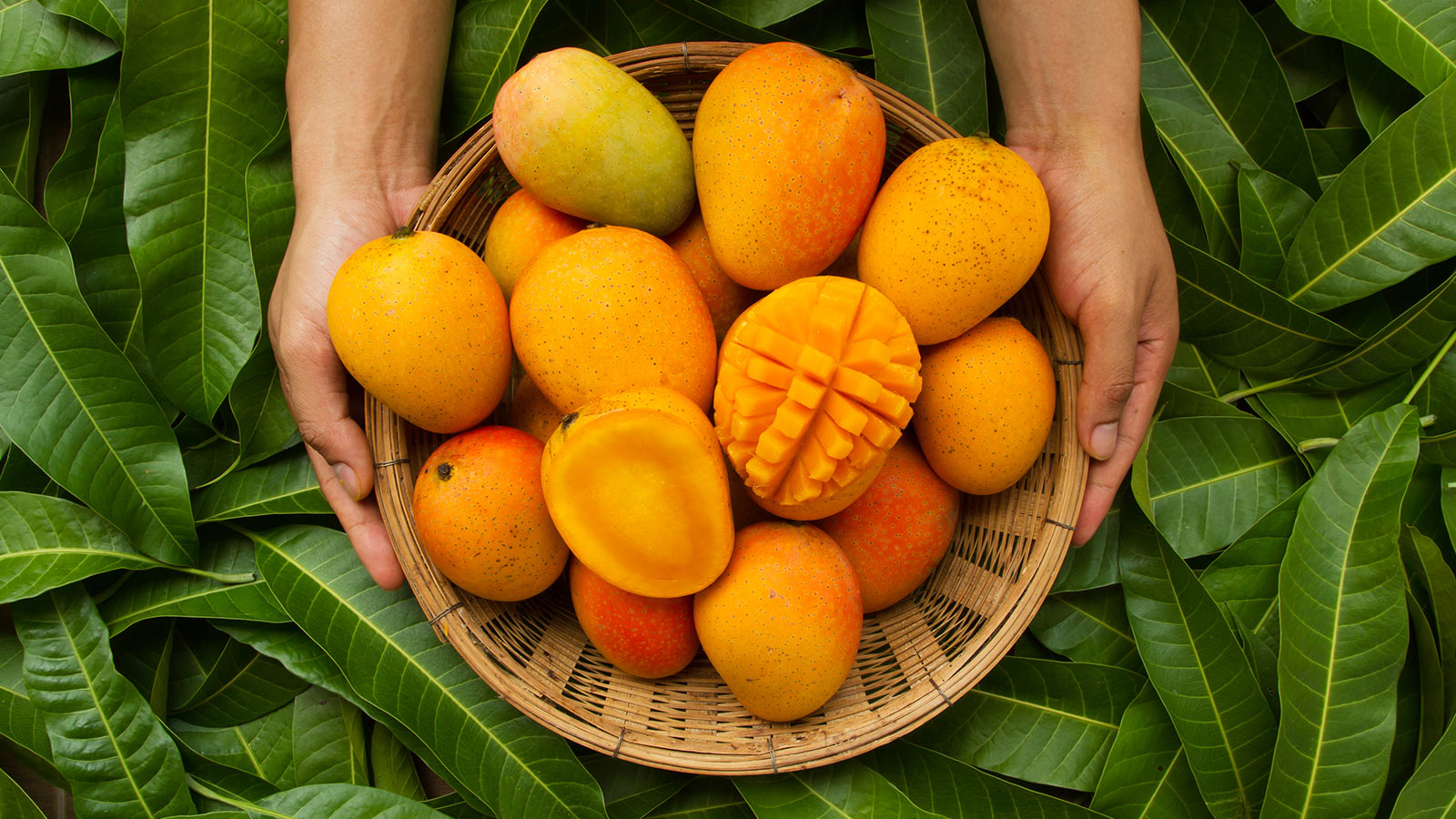
At Media Circal, we love sharing interesting stories, and what better story to explore than the origin of India’s beloved Alphonso mango? This golden fruit, often crowned the “King of Mangoes,” boasts a unique sweetness, aroma, and juicy flesh that has captured hearts (and taste buds) for centuries. But have you ever wondered where this delicious fruit came from and how it got its royal name? Buckle up, mango enthusiasts, because we’re about to delve into the fascinating history of the Alphonso!
A Journey from Africa to India: The Alphonso’s Mysterious Roots
The exact origin of the Alphonso mango remains a bit of a mystery. Some believe it originated in the Malabar Coast of India, while others suggest its roots lie in the tropical regions of Africa. Here’s the most popular theory:
- The Portuguese Connection: During the 16th century, Portuguese explorer Afonso de Albuquerque, the Viceroy of Portuguese India, is credited with introducing a new variety of mango to Goa. It’s believed that these mangoes, brought from Brazil (which had Portuguese colonies in South America), were a type already known for their exceptional sweetness and quality.
Grafting Techniques and the Rise of the Alphonso
The Jesuit missionaries who accompanied the Portuguese were skilled in grafting techniques, a horticultural practice of combining parts of different plants to create new varieties. It’s believed they played a crucial role in developing the Alphonso mango as we know it today. They likely grafted the Brazilian mango with indigenous Indian mango varieties, resulting in the unique characteristics of the Alphonso.
The Rise to Royal Status: How the Alphonso Earned its Name
There are two main theories about how the Alphonso got its name:
- Honoring Viceroy Albuquerque: The most widely accepted theory suggests the mango was named after Afonso de Albuquerque, the Portuguese Viceroy, in recognition of his role in introducing this new variety to India.
- A Local Twist: Another theory proposes that the name “Alphonso” is a local adaptation of a pre-existing name for the mango in the Konkan region, where the fruit thrives.
The Legacy of Alphonso Mangoes
Regardless of its exact origin story, the Alphonso mango has carved a special place in Indian culture. Here’s why it’s so revered:
- Unmatched Flavor: The Alphonso’s unique sweetness, vibrant color, and distinct aroma set it apart from other mango varieties. Its juicy flesh and perfect balance of sweetness and slight tartness make it a true taste sensation.
- Geographical Specificity: The Alphonso thrives in the specific climatic conditions of the Konkan region, particularly Ratnagiri and Devgad in Maharashtra. This limited growing area contributes to the exclusivity and premium quality of Alphonso mangoes.
- A Cultural Symbol: The Alphonso mango is more than just a fruit; it’s a symbol of Indian summers, celebrations, and culinary delights. It features in traditional dishes like aam panna (a refreshing mango drink) and aamshakti (a sweet and tangy chutney).
Beyond the Name: The Allure of the Alphonso
Today, Alphonso mangoes are not just enjoyed in India but are exported worldwide, fetching premium prices. Their limited availability and exceptional quality make them a coveted treat.
At Media Circal, we celebrate the Alphonso mango’s rich history and its undeniable role in Indian culture. The next time you savor this “King of Mangoes,” remember the fascinating journey it took to reach your plate – a testament to the art of grafting, a touch of Portuguese influence, and the unique growing conditions of India’s Konkan region.
Do you have any interesting stories or memories about Alphonso mangoes? Share them in the comments below!